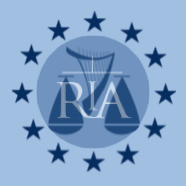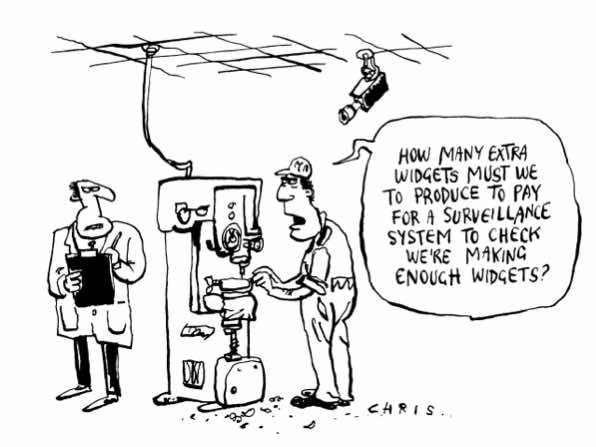Dearer to us than a host of truths is an exalting illusion? EU Data Transfer Regulation after Schrems
 My favourite Steve Jobs aphorism (and there are so many from which to choose) is
My favourite Steve Jobs aphorism (and there are so many from which to choose) is
People who know what they’re talking about don’t need PowerPoint.
(see Steve Jobs by Walter Isaacson (Simon and Schuster, 2011) 337). Last Thursday, Chris Kuner elevated this from apothegm to axiom, resoundingly proving the truth of that insight, by providing a masterclass in compelling presentation without resort to the crutch of powerpoint or similar slides. Chris is pictured above left, chatting with David Fennelly, before delivering a powerful lecture on “Reality and Illusion in EU Data Transfer Regulation” in the light of the decision of the Court of Justice of the European Union in Case C-362/14 Schrems v Data Protection Commissioner [2015] ECR I-nyr (Grand Chamber, 6 October 2015) to a rapt audience in Trinity College Dublin. He began with a quote from Chekov:
Dearer to us than a host of truths is an exalting illusion.
This is from Chekov’s short story “Gooseberries” (see Richard Pevear and Larissa Volokhonsky (tr) Selected Stories of Anton Chekov (Random House, 2009) 311 at 317), where the Nikolai is deluding himself that his gooseberries – actually “hard and sour” – are in fact the succulent and luscious fruit which he had always dreamed of growing.…


 At the
At the 
